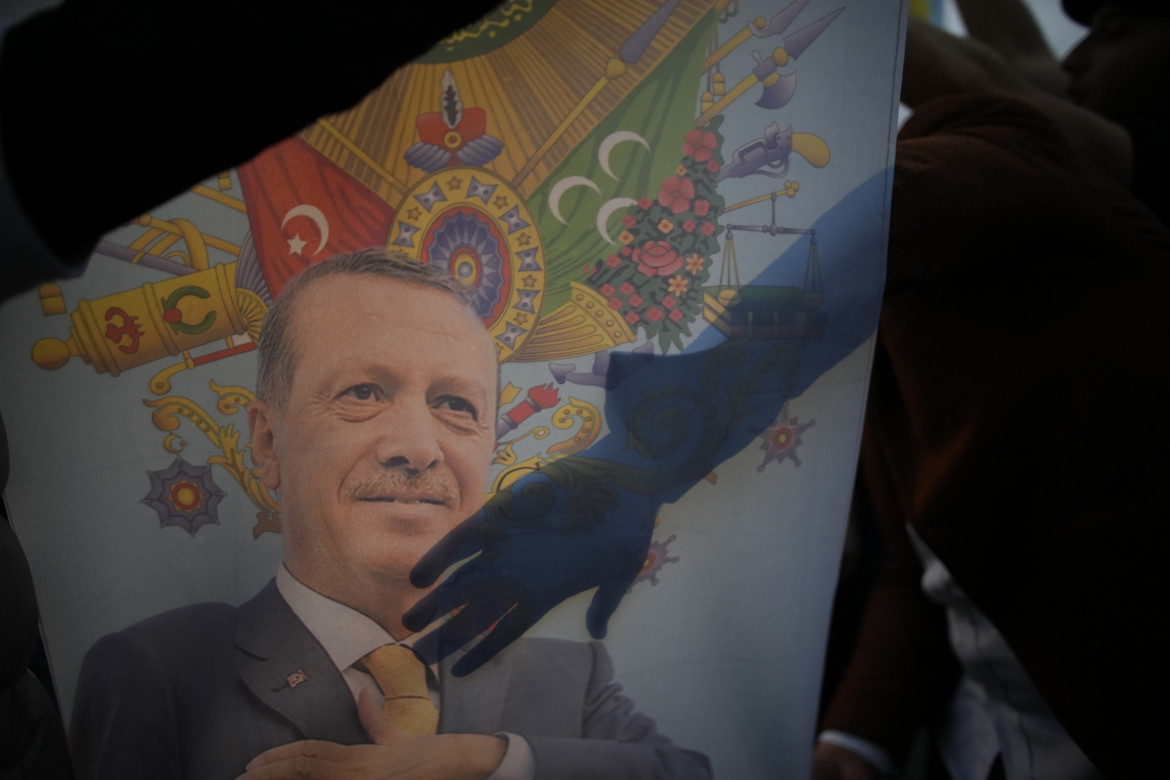Commentary
Congratulations to Erdogan and all our ‘friendly’ dictators
The fact that Turkish prisons are full of political prisoners, Kurdish opponents, and journalists (many in exile), and that the media is under the grip of power seems to matter to few.

In a concise small book entitled “The Turkish Malaise – A Critical Essay” (Italian edition published by Il Canneto), essayist Cengiz Aktar points out that the rise of autocracy and the ultranationalist and fascist drift in Turkey did not happen as it did in Europe, as a consequence of earth-shattering crises, but in a historic NATO member state, with a promising economy (except for the most recent phase) and the ambition (now distant and no longer desired) to join the European Union. The result is that now, in the new Parliament, there will be no more than 100 out of 600 MPs whom we could call genuinely democratic and anti-fascist.
Yet today everyone is congratulating Erdogan, the ultimate architect of this drift: from the White House to Macron, from Israel to the Europeans, and of course the “great friend” Putin, whom Erdogan praised in his last interview with CNN. Erdogan is the only pro-Putin figure that no one dares to criticize even here in the West, since he is mediating on Ukrainian and Russian grain as he holds the keys to the Black Sea with the Bosporus Strait. Few seem to care that Turkish jails are full of political prisoners, Kurdish opponents and journalists, and that the media is in the grip of those in power.
This, unfortunately, is a sign that the West is already ready to live with Erdogan, and no one expects to have to deal with a more malleable leader. After all, it was his ultra-nationalism, the resurrected myth of the Ottoman Empire and his adventurous foreign policy that have given him the victory, not considerations about rising inflation or his mistakes in handling the earthquake tragedy. Even the opposition was tainted by all this, as it ended up competing with Erdogan on how to eliminate the presence of several million Syrian refugees.
While it’s true, as Michele Giorgio pointed out yesterday in il manifesto, that Erdogan needs Israel and the Gulf for his regional ambitions, nonetheless, the Turkish “Reiss” has a long list of allies in the region, a rogue’s gallery of autocrats and dictators who are repositioning themselves.
Erdogan’s re-election coincides with the return of Syria’s Bashar Assad to the bosom of the Arab world, as if nothing happened; with Egypt’s General Al Sisi, financed by the U.S. and the Saudis, receiving our Defense Minister Crosetto, but also Moscow’s Attorney General; with Prince Mohammed bin Salman seeking peace with Iran and welcoming the Syrian dictator in Jeddah; and even Ukrainian leader Zelenski, who agreed to be photographed at the Arab League summit with a procession of despots and absolute monarchs, which speaks volumes about his frantic search for allies.
But it will take more than a visit to create any distance between the murderous prince – who ordered the murder of journalist Jamal Khashoggi – and Putin, the Saudi kingdom’s fellow traveler in the expanded OPEC, and induce him to give up the financial windfall that has rained down on oil and gas producers with the war in Ukraine.
Erdogan leads the way. Turkey is an ally and NATO member that not only refuses to enact sanctions against Moscow but cooperates with Russia in every field, from gas imports to nuclear energy, and has doubled trade with the Kremlin since the Russian invasion began. Ankara has indeed helped the Kyiv government against Moscow’s aggression with its now famous Bayraktar drones, but is careful not to sever ties with Russia.
At the same time, however, in Libya Turkey is siding with the Tripoli government against General Haftar, supported by Moscow and Wagner, while also supporting Azerbaijan against Armenia, an old Moscow ally. Likewise, Turkey had sided against Assad in Syria, where it militarily occupies parts of Kurdish territory, while the Damascus leader has remained standing with the support of Russia and Iran.
These might seem like unacceptable contradictions – but they’re not so to Putin, Erdogan, and their fellow travelers.
In truth, one common trait of all these regimes, from Egypt to Turkey, from Syria to Saudi Arabia, is that they are friends of Moscow. They continue to cooperate with Russia in various fields from energy to military supplies – just like the governments of China and India and countries representing almost a third of humanity, from Asia to Africa to South America. And if we then look at economic partnerships, we find that the Saudis are among China’s top suppliers and customers, whose leader Xi Jinping was welcomed in Riyadh with full honors.
Friendship with China – which is careful to avoid abiding by the Human Rights Charter – is also another common feature of these regimes: no one paid the slightest heed to the condemnation that came from the recent G-7 summit in Hiroshima that aimed to contain Beijing’s economic, military and technological advance. This is what is called a “multipolar world” nowadays, in which most countries that once had ties to the West do as they please according to their own national and regional interests. Erdogan is their teacher.
Originally published at https://ilmanifesto.it/congratulazioni-a-erdogan-e-ai-nostri-amici-dittatori on 2023-05-31
